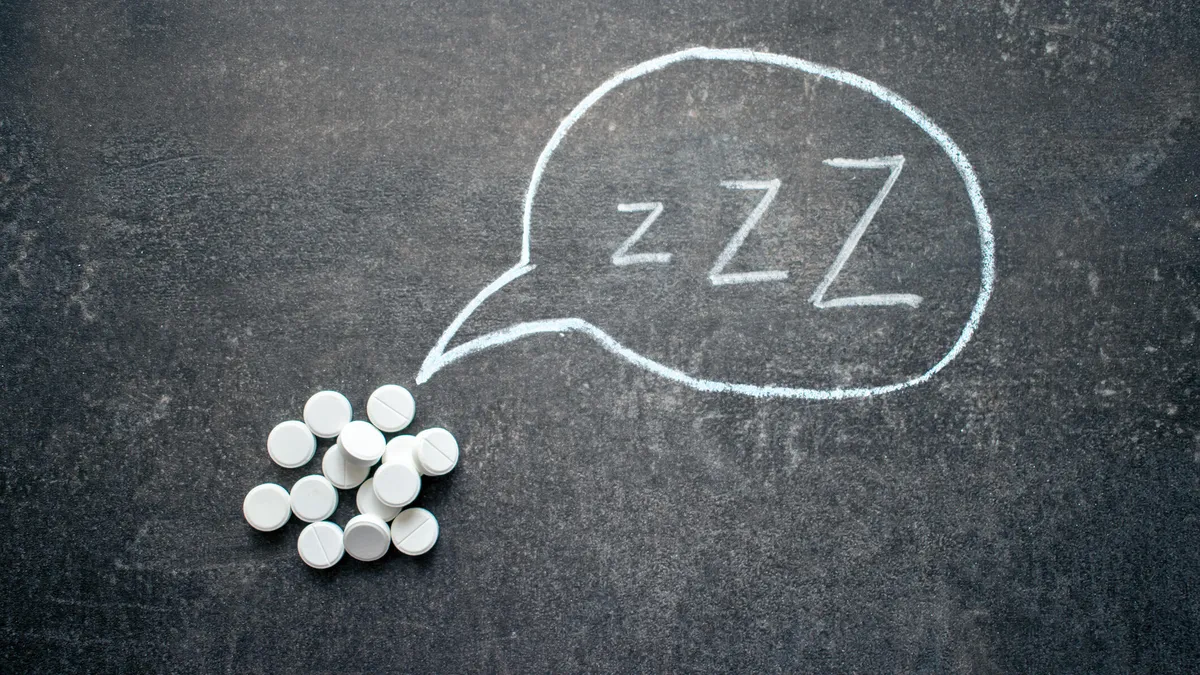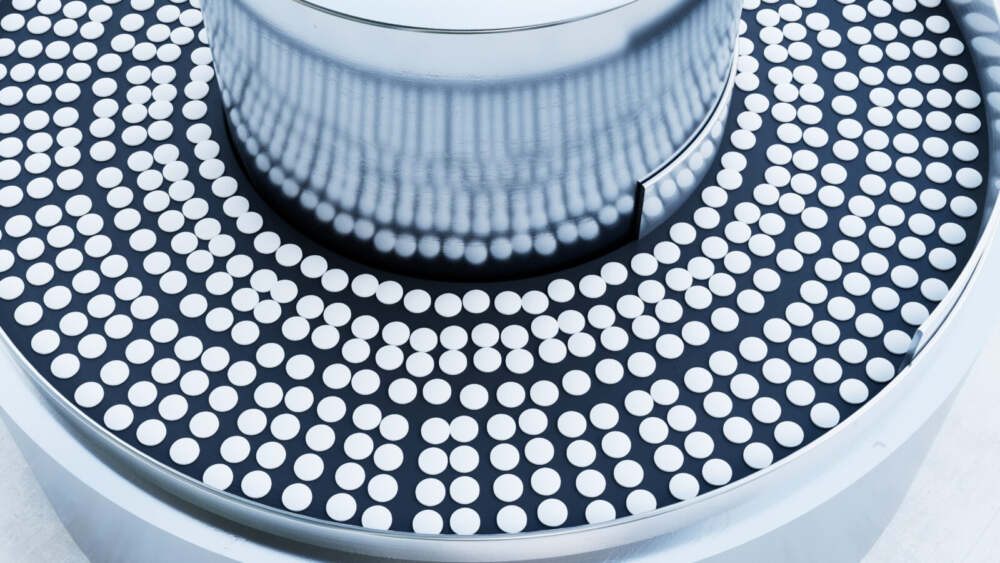August 7, 2025 – Health & Wellness
Millions of people struggle to fall asleep each night, and many are turning to over-the-counter supplements for relief. From melatonin and magnesium to newer contenders like ashwagandha and probiotics, the sleep supplement market is booming. But do these products actually deliver on their promises?
A recent scientific review has taken a close look at the most popular sleep supplements—and found that while some may offer modest help, others are backed by little more than hype.
1. Melatonin: Helpful for Timing, Not a Magic Pill
Melatonin is a hormone your body naturally produces to regulate the sleep-wake cycle. Supplementing it can be useful for people with circadian rhythm disruptions, like jet lag or night-shift work.
For these individuals, melatonin may help them fall asleep about 15 to 30 minutes faster. But when it comes to chronic insomnia, the evidence is far weaker. Melatonin may not significantly increase total sleep time or sleep quality in most healthy adults.
While melatonin is considered safe in small doses for short-term use, experts caution against long-term reliance—especially since many products have inconsistent dosing and purity.
2. Magnesium: A Maybe for Mild Cases
Magnesium is a mineral involved in muscle relaxation and stress regulation. It’s often marketed as a natural sedative.
Some small studies suggest magnesium may improve sleep slightly—perhaps helping people fall asleep 15 to 20 minutes faster or sleep a bit longer. However, the results are inconsistent, and the benefits may be limited to people who already have a magnesium deficiency.
Natural sources like leafy greens, seeds, and legumes are the best way to boost magnesium levels. For those who prefer supplements, magnesium glycinate is often better tolerated than other forms.
3. Probiotics: Gut Health Meets Sleep?
Probiotics—commonly found in fermented foods or in supplement form—support healthy gut bacteria, and there’s growing interest in the gut-brain connection. Some early studies suggest that a balanced microbiome may positively affect mood and sleep.
However, the science is still in its infancy. While eating probiotic-rich foods is generally beneficial for health, taking probiotic supplements for sleep remains speculative.
4. Vitamin D: Limited Benefits for the Well-Nourished
Vitamin D helps regulate mood and immune function and is linked to sleep through its role in circadian rhythms.
But unless a person is deficient in vitamin D, supplementing it hasn’t shown consistent results in improving sleep. Getting moderate sun exposure and maintaining a balanced diet remains the most effective way to support healthy vitamin D levels.
5. Ashwagandha: Stress Relief With Caveats
Ashwagandha is a traditional herbal remedy believed to lower stress and anxiety. Some small studies suggest it may promote sleep in people with stress-related insomnia.
However, ashwagandha’s effects are subtle, and it may not work for everyone. There have also been rare reports of liver toxicity with long-term or high-dose use, so it should be used with caution.
Supplements: A Tool, Not a Cure
While some sleep supplements may offer temporary support, they are not substitutes for healthy sleep habits. Experts agree that the most effective long-term strategy includes:
- Sticking to a consistent bedtime and wake-up time
- Avoiding caffeine and screens before bed
- Creating a dark, quiet, and cool sleep environment
- Practicing relaxation techniques like reading, stretching, or meditation
If sleep troubles persist for more than a few weeks, it’s important to speak with a healthcare provider to rule out underlying medical or psychological conditions.
Conclusion
Supplements may offer mild relief for certain sleep problems, but they’re not miracle solutions. Understanding what works—and what doesn’t—can help people make informed decisions without relying on false promises. Ultimately, sustainable sleep begins with healthy routines and understanding your body’s natural rhythms.












Leave a Reply